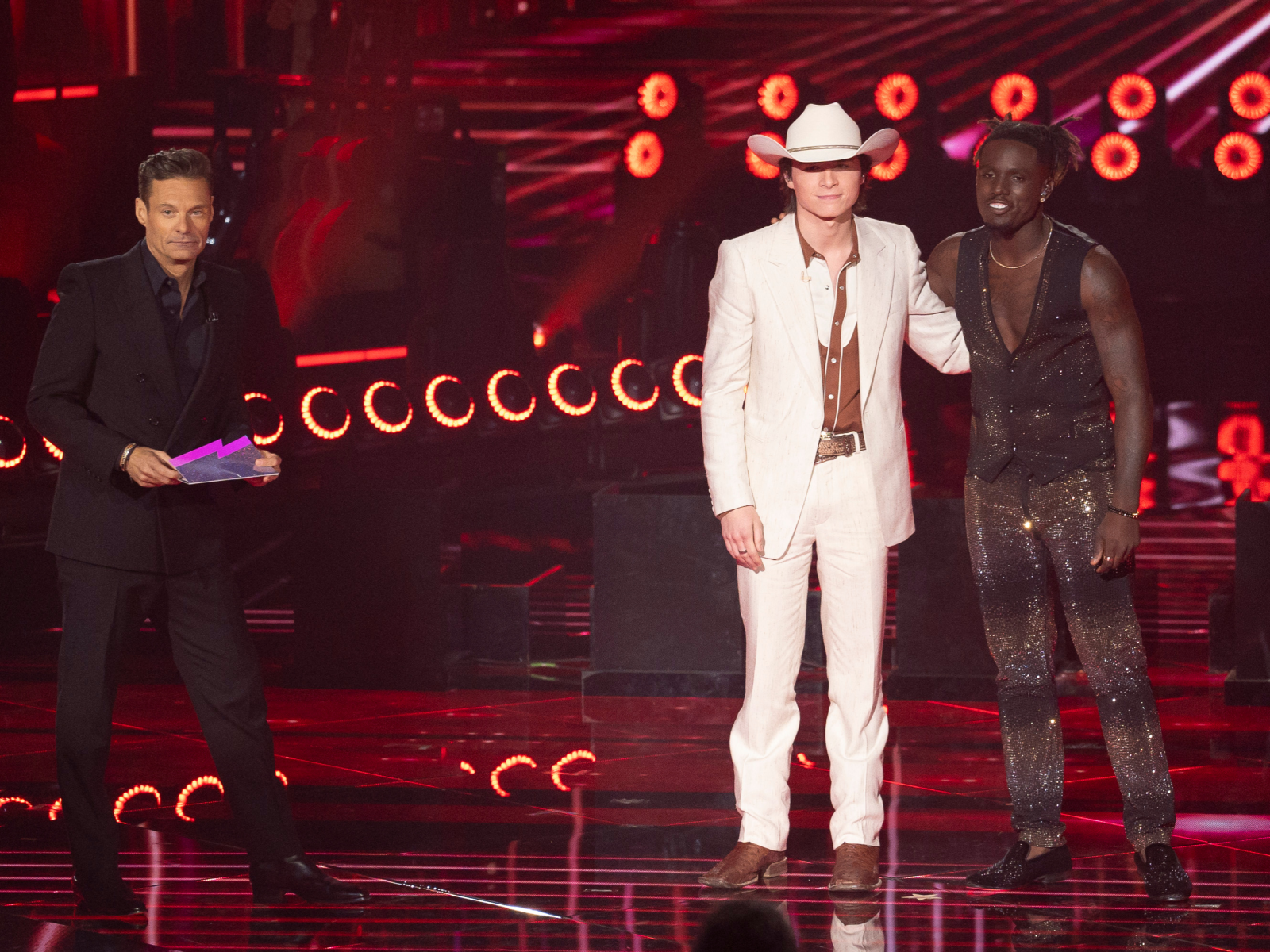American Idol Revealed Its Champion On May 18

Ever since the live results episode of American Idol aired, rumors have swirled that John Foster may have known the outcome before it was officially revealed. Fans point to his seemingly composed reaction and perfectly timed social media posts as subtle giveaways. In a competition famed for its nail-biting suspense, any hint of foreknowledge sparks outrage among viewers who prize the show’s unpredictability.
During the “moment of truth,” Foster’s face remained remarkably serene—so much so that fans noted he barely blinked when the runner-up announcement was made. Contrast this with the visibly emotional reactions of his fellow contestants, and his stoicism looks less like calm confidence and more like a rehearsed response. Clips of his reaction have since been replayed and slowed down across social platforms, fueling speculation that the producers tipped him off ahead of time.
Social media activity only added to the fire. Within minutes of the results airing, Foster shared a cryptic thank-you message to his supporters—an action that many believe was prepared in advance. By the time he posted, hashtags about his runner-up status were already trending, suggesting he may have scheduled the post before the live broadcast even began. Die-hard fans combed through his account for deleted tweets or edited captions, hunting for any sign of premature boasting.
Insider whispers lend weight to the theory. Several backstage sources have hinted at a “planned narrative” for this season’s finale, claiming that the producers prioritized certain contestants for post-show promotions. If true, Foster’s advanced knowledge could have been a strategic move to ensure his brand partnerships and appearance deals were locked in as soon as possible. This practice, while unconfirmed, isn’t unheard of in reality television, where spoilers can sometimes pave the way for marketing campaigns.

The controversy raises bigger questions about the integrity of live competition shows. If contestants are informed of outcomes ahead of time, the element of genuine surprise evaporates, leaving viewers to wonder how much of what they see is authentic. For American Idol, a franchise built on the raw emotion of discovery, such revelations risk undermining its credibility and alienating the very audience that sustains it.

Ultimately, without concrete proof, the debate will likely remain in the realm of fan forums and late-night tweets. Whether John Foster simply mastered the art of controlled emotion or was quietly briefed by the producers, one thing is clear: the theory has ignited conversations about transparency in reality TV. And for fans haunted by the suspicion of spoiled finales, the true winner may be the buzz itself.

